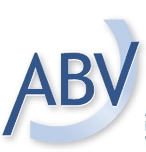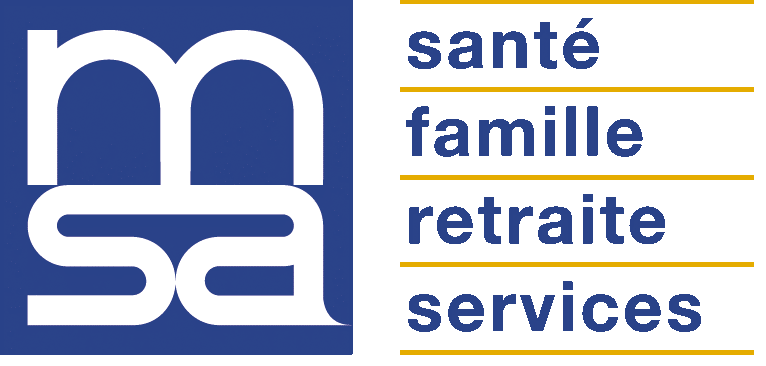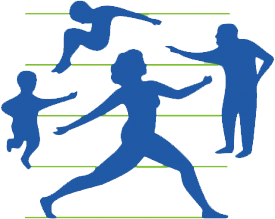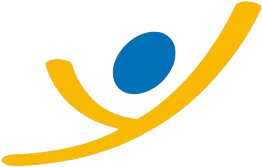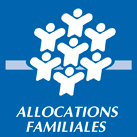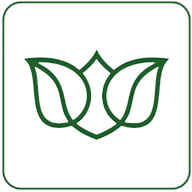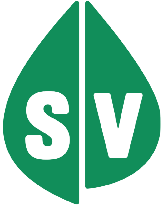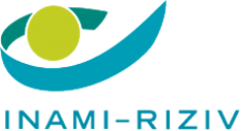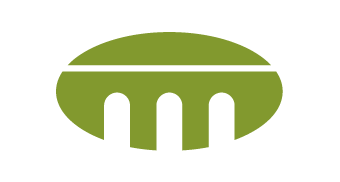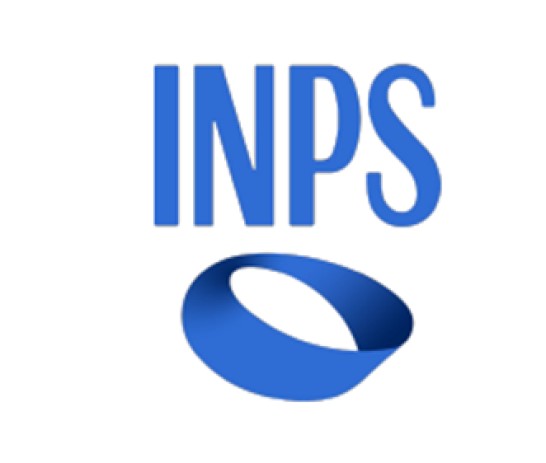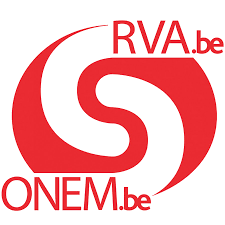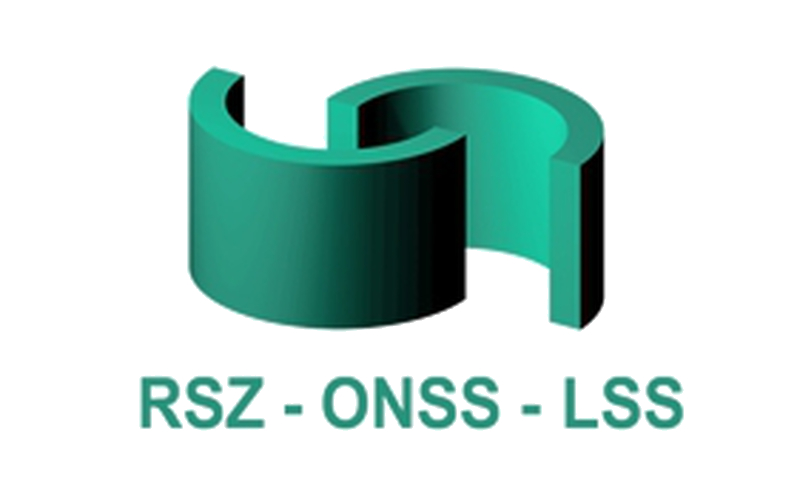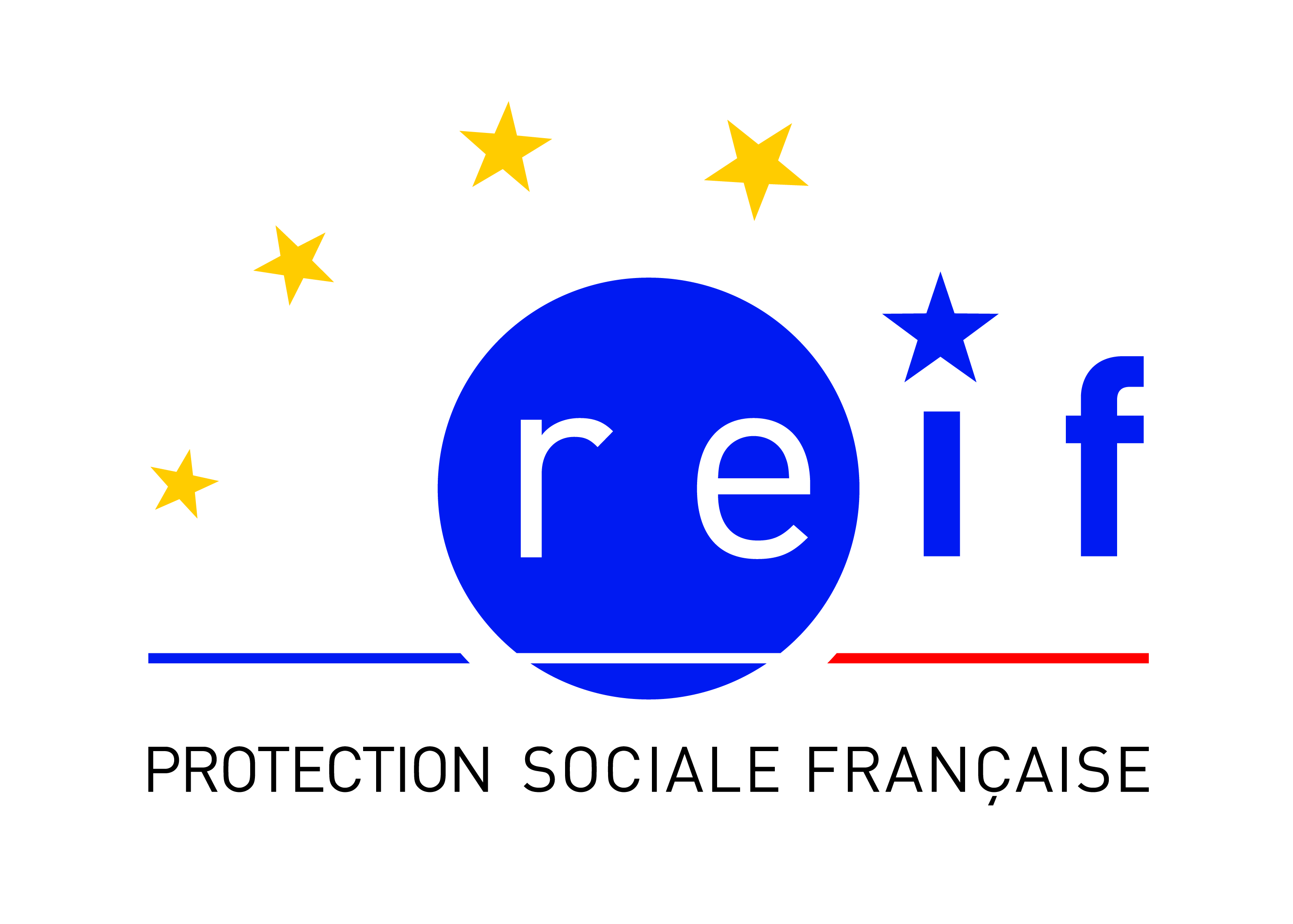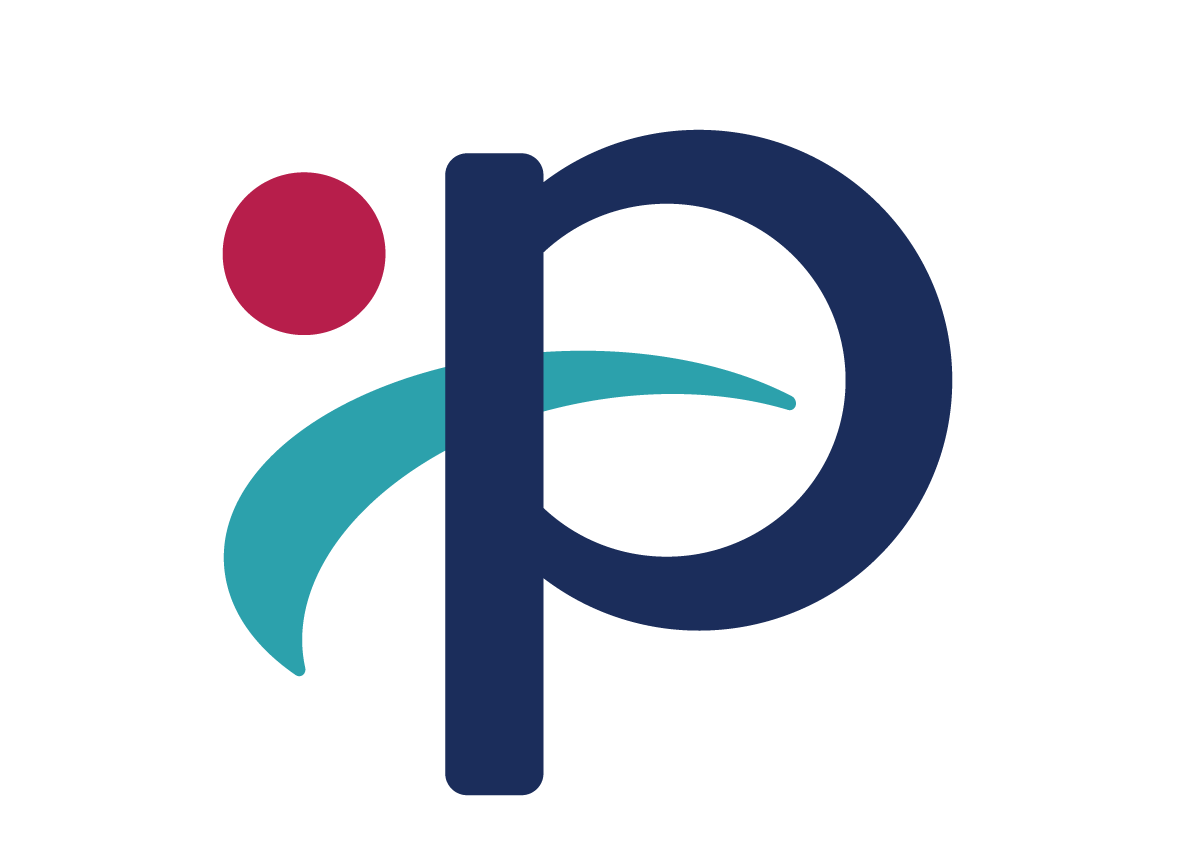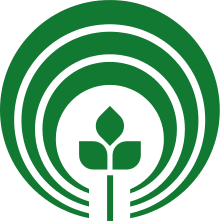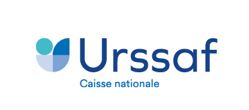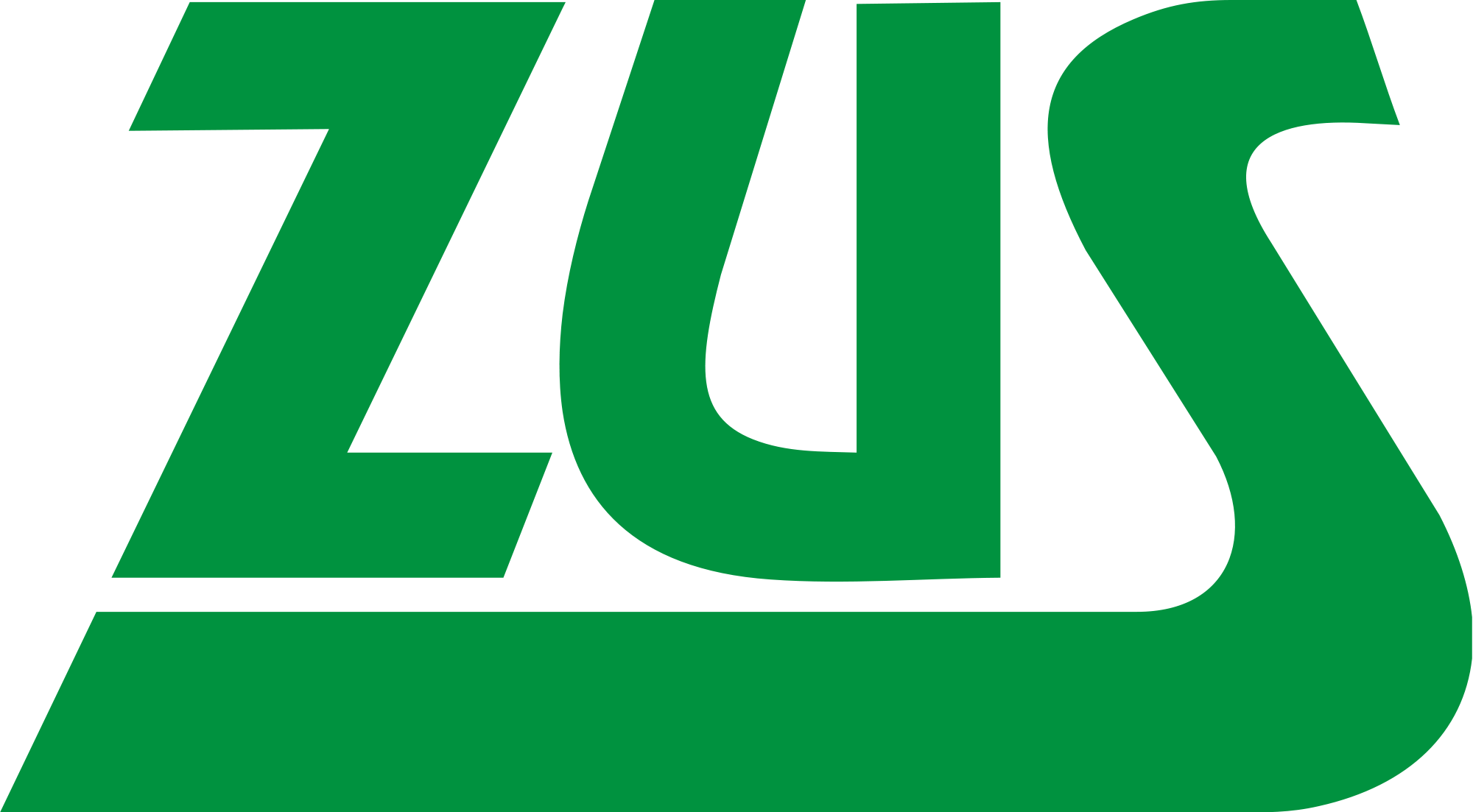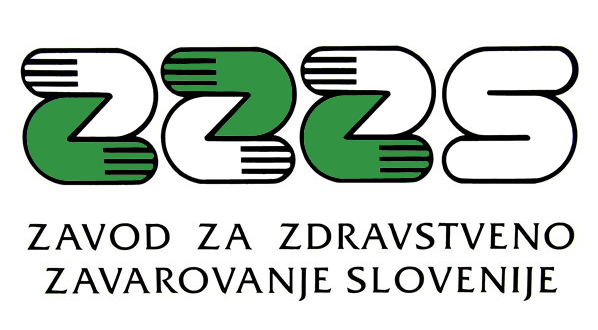News
IROHLA Final Conference |
30-11-2015 |
Christine Dawson
IROHLA Final Conference
IROHLA - “Intervention Research on Health Literacy among ageing population” held its final event on 17 November in the framework of the 3rd European Health Literacy Conference held in Brussels, where Princess Laurentien of the Netherlands received the IROHLA evidence-based guidelines to improve health literacy in the older population. The IROHLA pre-conference saw representatives of the European Commission, health services and elected politicians discuss the importance of health literacy for sustainable health systems. It also saw the inauguration of Health Literacy Centre Europe, which aims to act as a central portal of information and exchange of knowledge and experience beyond the lifetime of the project.
Funded by the European Union’s 7th Framework Programme, the three-year IROHLA project sought-out solutions to address the low levels of health literacy observed in most European member states. Health literacy is the degree to which an individual has the capacity to obtain, communicate, process and understand basic health-related information and services to make appropriate health decisions. People with low levels of health literacy have poorer health outcomes, and improving health literacy requires improvements in people’s competencies, knowledge, skills and attitudes towards health. Health literacy also applies to healthcare systems and their responsiveness to people with low health literacy – ensuring that medicines, care and services are easy to understand and navigatable. The project therefore took a comprehensive approach, explaining how to increase health literacy in health systems, and for patients and citizens who can have markedly different needs.
Throughout the panel sessions moderated by EuroHealthNet, links were made between low levels of adult education and health literacy and people living in disadvantaged situations. Graham Kramer, (National Clinical Lead for Self Management and Health Literacy, Scottish Government) argued that “addressing health literacy is an issue of human rights and health inequalities. In Scotland it is particularly important to phrase health literacy in these terms – it helps get it onto the political agenda”. This implies the need for a health-in-all-policies approach. Indeed, as noted by Gina Ebner (Secretary General, European Association of Education for Adults), “roughly 20 per cent of the European population cannot understand medicine instructions, meaning that adult education and health providers need to work together because both are trying to achieve something similar”.
Closing the conference, Jaap Koot (IROHLA Project Co-ordinator) stated that “the launch of the evidence-based IROHLA guidelines is really the start of the process of improving health literacy in Europe. We hope that policy makers and healthcare professionals build upon and use the guidelines to inform their daily practice, as increasing health literacy would mean better population health and more sustainable health systems”.
Notes
IROHLA is a European project under the FP7 programme that aims at formulating guidelines for policy and practice based on best interventions for improving health literacy levels among older people. The project is coordinated by the University Medical Centre Groningen (the Netherlands). It incorporates 20 consortium partners from 10 European countries from science, public health, civil society and business communities, amongst them the Brussels based organisations EuroHealthNet and AGE Platform Europe.
The policy guidelines for health organisations, the policy guidelines for governments, a brochure of lessons and interviews with project partners produced by EuroHealthNet, and photos and presentations from the conference are available from the IROHLA website.
- IROHLA is co-ordinated by University Medical Center Groningen.
- Health Literacy Centre Europe: healthliteracycentre.eu
- Follow IROHLA on Twitter
- Websites: www.irohla.eu – www.healthliteracyeurope.eu
- The IROHLA pre-conference was co-ordinated by EuroHealthNet: www.eurohealthnet.eu



